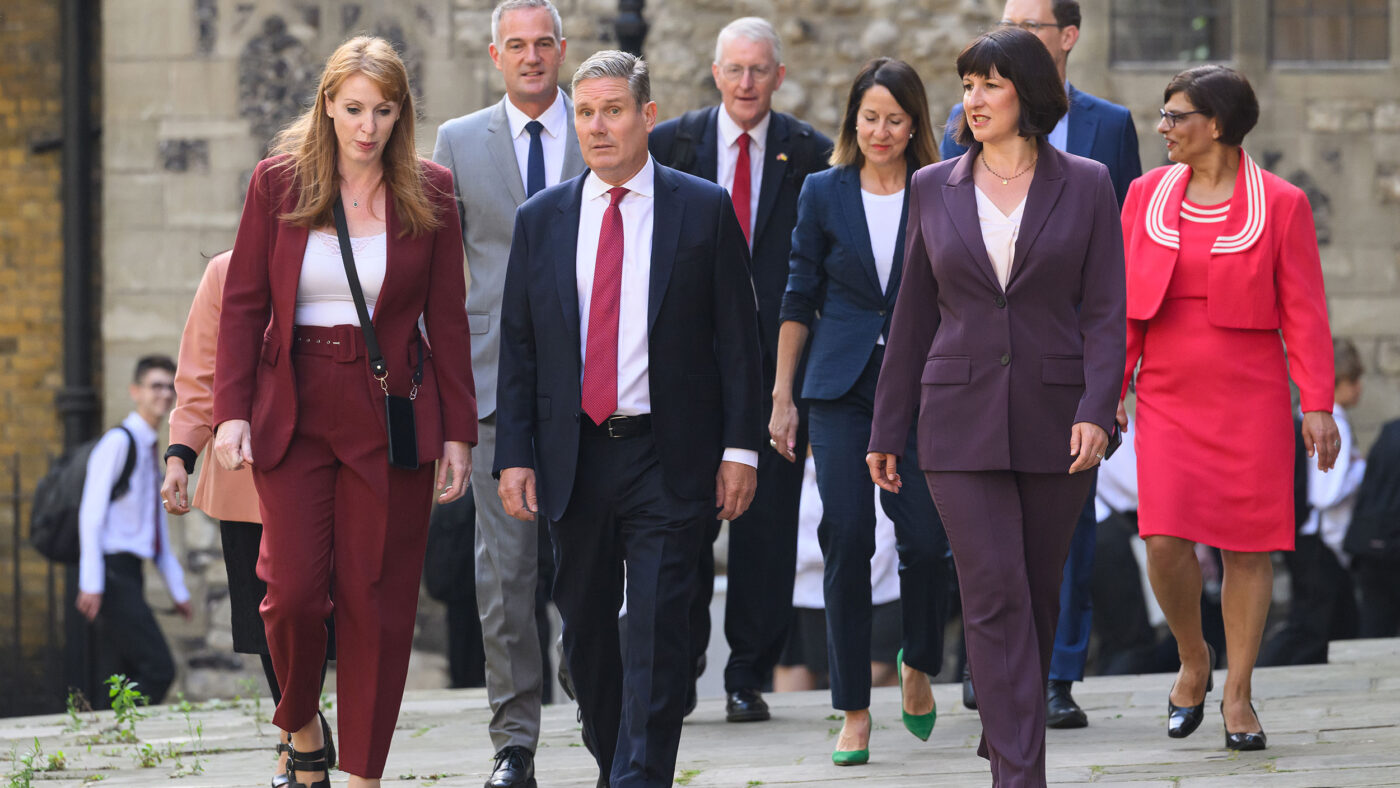Labour has a new top team to go into the next election. It is a strengthened front bench that looks ready for government. But the reshuffle has created some pushback from across the party.
Much of the reaction has been about the demotion of Lisa Nandy. That’s fair. She is one of Labour’s best performers and the idea that she shouldn’t be at the heart of the next Labour government exposes a nervousness of Starmer’s team about anyone who might be seen as the next leader.
This is, frankly unnecessary. Starmer is completely safe in his role and, as such, should be giving us a confident message. Those from his team briefing like this are damaging that sense of confidence – not burnishing it.
Putting a politician as talented as Nandy in International Development could be a way of signifying how important this brief is to Labour. I personally wish this move wasn’t seen as a demotion. But it has been briefed and seen as such for obvious reasons. Nandy’s career has been focused on devolution and the need to empower UK towns to thrive. There are no memes about her love of funding development programmes. But I am looking forward to seeing what a woman of her obvious talents can do with this brief.
One move I am glad to see is Hilary Benn returning to the Shadow Cabinet. He has always been seen as a safe pair of hands and, as such, is ideal for the Northern Ireland brief. It’s a complex area, particularly post-Brexit, and will need someone with Benn’s ability to convene different voices. Benn has a great deal of respect across the party – and beyond. His return to the Shadow Cabinet indicates that the party is giving its best talents the right roles.
But for me, the big win that comes out of Labour’s reshuffle will be the renewed emphasis on localism that comes with Angela Rayner being given the Levelling Up role. Rayner occupies an important role in Labour. She’s directly elected and – as such – has her own mandate and will always be an important player in Labour politics and Starmer’s government. So maybe we should be less focused on Nandy’s demotion and more interested in why this role has been given to someone so absolutely at the heart of the Labour Party.
I really hope this will mean that Starmer’s speech at the start of the year about ‘giving back control’ is going to mean a government rooted in local power and local opportunity – even when those localists disagree with the national government. It is perfectly possible that Rayner – in her relationship with Starmer – has modelled well how to disagree and still get on. She is certainly less briefed against than she used to be, which shows that she has used her power effectively.
The localism brief being this important and high profile speaks of an understanding that what happened to Labour in 2019 wasn’t just about Brexit. It wasn’t just about supranational issues but actually about a feeling of a sense of place that Johnson briefly tapped into while never actually doing much to address. People are rooted in their places and they need to feel that the places they love are valued. If Labour can put an understanding of this at the heart of their offer – with a spokesperson in Rayner who is seen as absolutely authentic – it will go a long way in shoring up their unexpected but very real lead in areas that Labour is not traditionally strong in such as rural communities.
This is now the Shadow Cabinet that will fight the next election. It’s a strong team who have significant experience in fighting the Tories. But now they need to pivot from fighting to winning and then leading. Inspiration has the be the order of the day.
Every single one of these people need to be able to answer the question ‘What would you do?’ because the odds suggest that they will be in government sooner rather than later. As we watch the Tory government crumble like dodgy concrete, it is ever clearer that Labour will probably win the next election. They have spent much of the last few years reassuring people that this is not a scary prospect. Now they need to pivot into showing that this is not just unscary, but actually quite exciting. Labour could win by default, but it can’t govern that way. Too much has gone too wrong over the last 13 years to accept business as usual.
Labour now has a professional team in place who look ready to lead. But they have to start telling us what they mean by that. This next year will be the time that Labour shows the country what the difference is that they want to make. Because by late 2024, this team may not be the good looking opposition – they could be the government.
Click here to subscribe to our daily briefing – the best pieces from CapX and across the web.
CapX depends on the generosity of its readers. If you value what we do, please consider making a donation.


